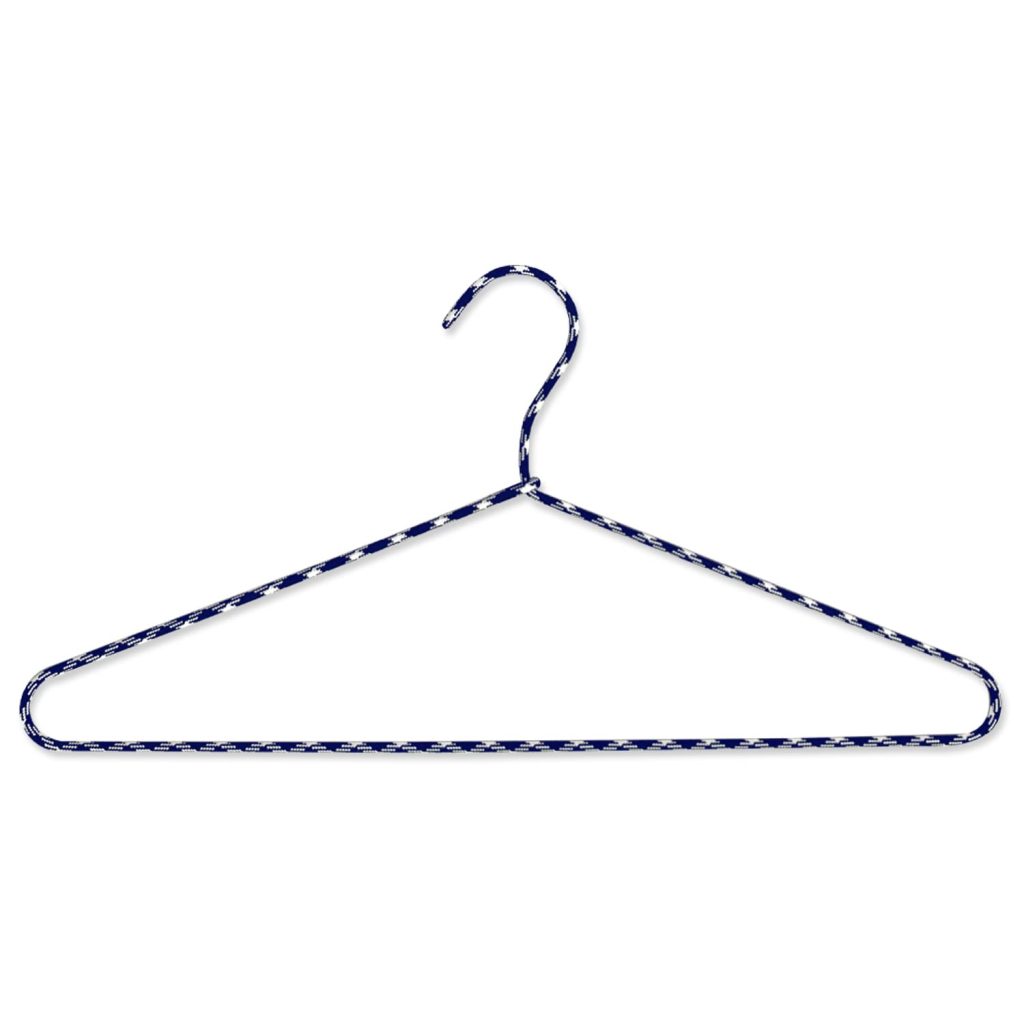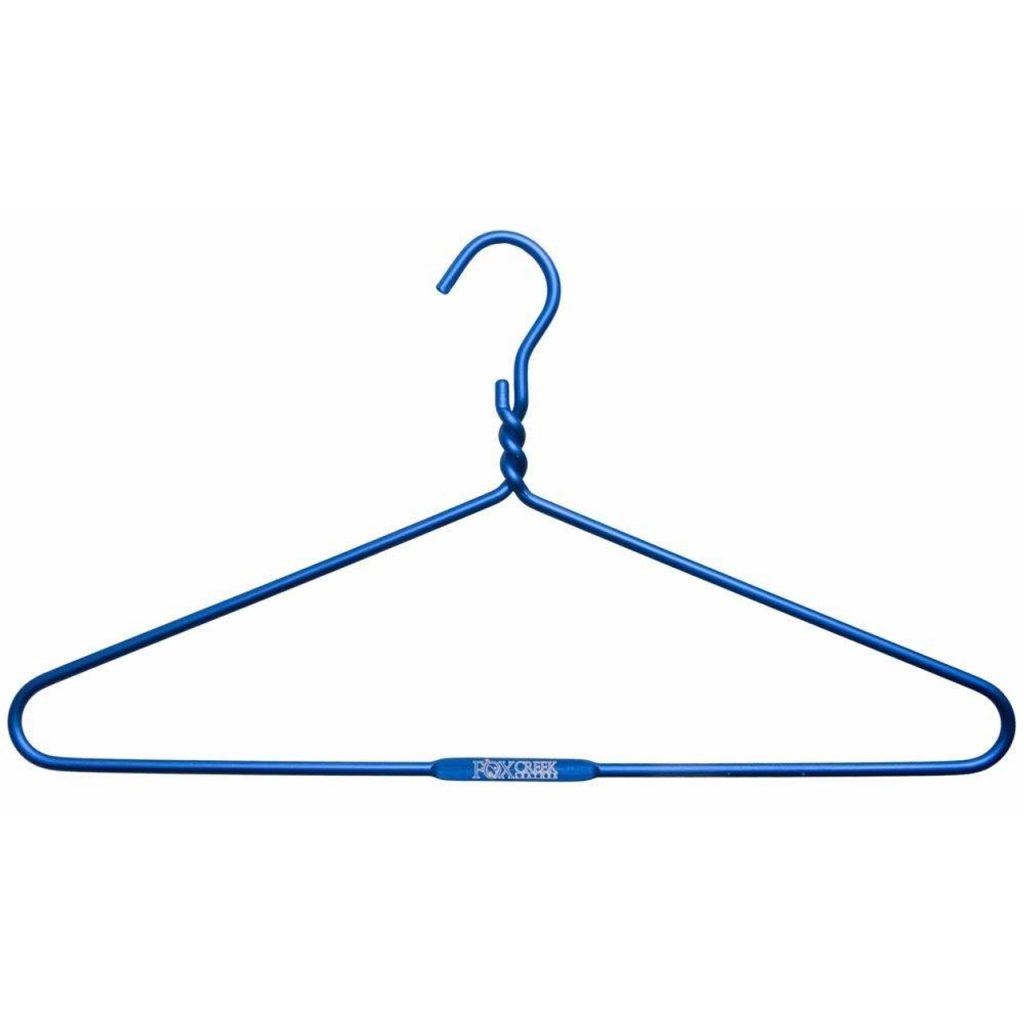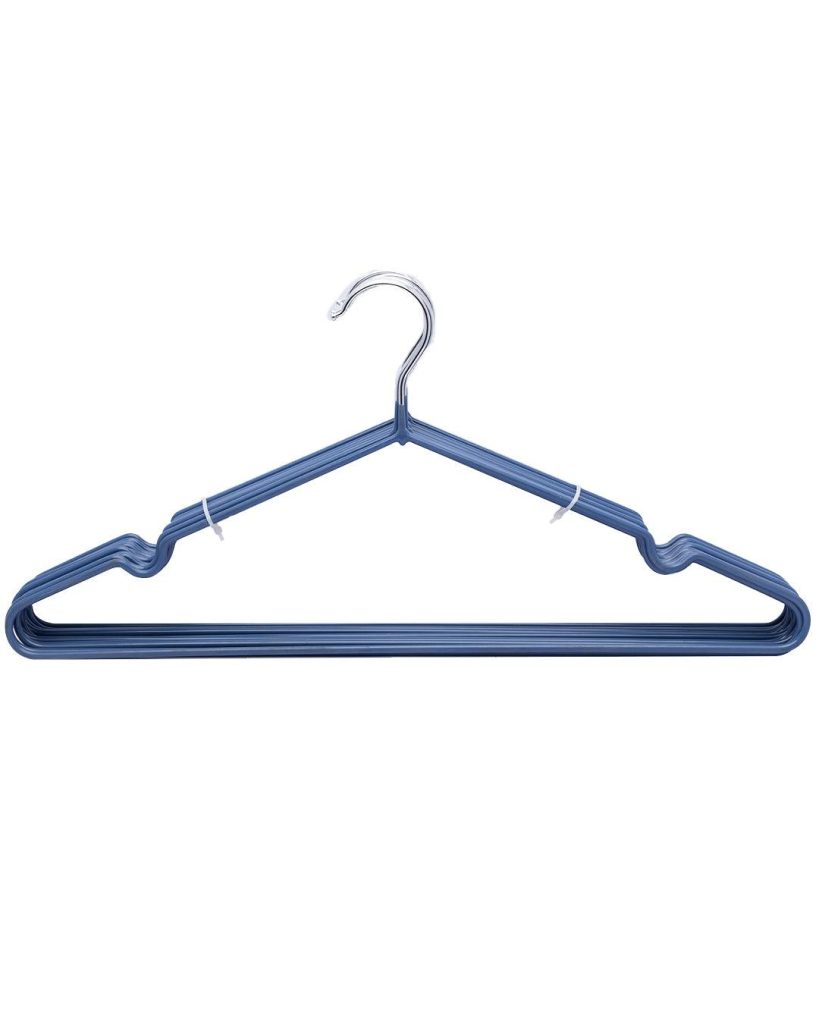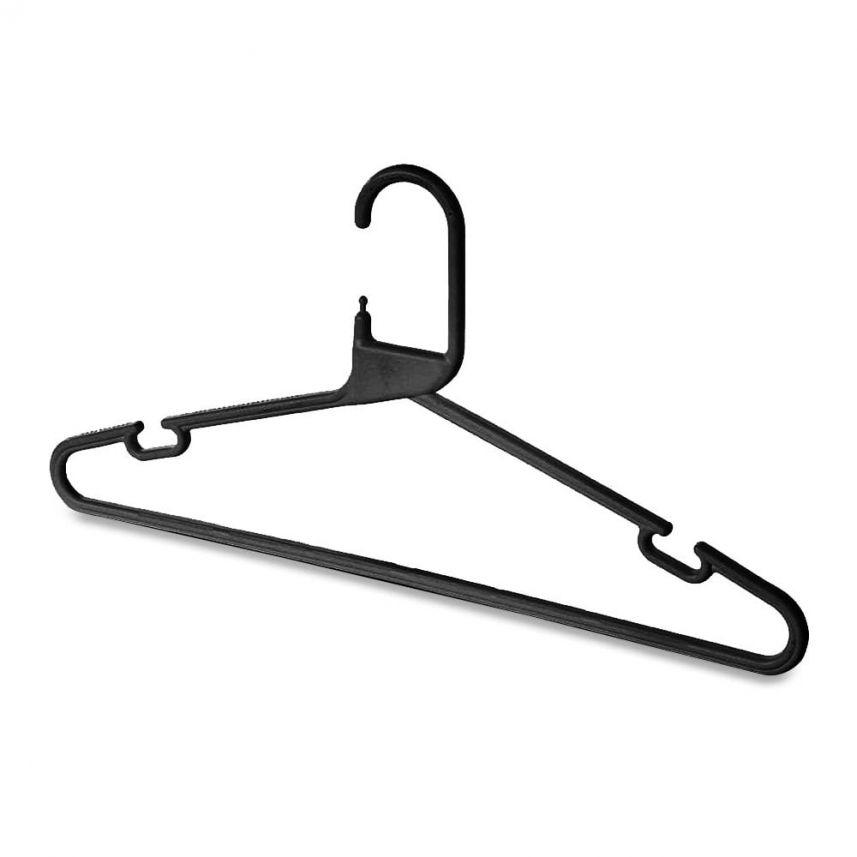Introduction
Hanger meaning – Hangers, seemingly mundane objects used to hang clothes, possess a surprising depth of symbolism and serve multiple practical purposes beyond their primary function. From cultural significance to artistic expression and psychological implications, hangers have woven themselves into various facets of human life. Let’s explore the rich tapestry of hanger meaning associated with hangers.
Practical Utility and Evolution
The primary purpose of hangers is practical: to keep clothing organized, wrinkle-free, and easily accessible. Their design has evolved over time from simple wooden structures to a variety of materials including plastic, metal, and padded hangers, each tailored to different garment types and storage needs. This evolution reflects advancements in both technology and consumer preferences, emphasizing efficiency and garment care.
Cultural Symbolism
Hangers can carry cultural symbolism deeply rooted in societal norms and traditions. For instance, in some cultures, the type and quality of hangers used reflect social status and personal aesthetics. In others, hangers may symbolize the importance of orderliness and respect for one’s belongings. The act of hanging clothes itself can symbolize preparation, readiness, or even transformation, as when one dresses for an occasion.
Artistic Expression
Beyond their utilitarian function, hangers have inspired artists and designers to create innovative forms of expression. Sculptors may use hangers to create installations that explore themes of identity, consumerism, or environmental impact. Fashion designers utilize hangers not only as tools for showcasing garments but also as elements in runway presentations or avant-garde fashion displays, blending functionality with artistic vision.
Psychological Significance
Psychologically, the act of hanging and organizing clothes can have therapeutic benefits, promoting a sense of order and control over one’s environment. Hangers can symbolize transitions in life stages, such as moving into a new home or preparing for a new job. The careful selection of hangers and the organization of wardrobes may also reflect personality traits such as meticulousness, creativity, or practicality.
Environmental Considerations
In recent years, the environmental impact of hangers has come under scrutiny. The proliferation of plastic hangers, in particular, has raised concerns about waste and sustainability. Initiatives to promote recycling or the use of biodegradable materials in hanger production highlight ongoing efforts to minimize environmental footprint while maintaining functionality and durability.
Symbolism in Literature and Film
Literature and film often employ hangers as symbolic elements to convey themes of conformity, identity, or change. In narratives, a hanger left empty or in disarray may signify loss, abandonment, or transition. Conversely, a meticulously organized closet with uniform hangers might symbolize control, stability, or hidden turmoil beneath a veneer of order.
Cultural References and Traditions
Across different cultures, hangers appear in various traditions and ceremonies. In some rituals, the act of hanging clothing symbolizes purification or renewal, marking transitions in life stages or seasons. Historical references to hangers in ancient civilizations illustrate their enduring presence in human history and their adaptability across different societal contexts.

The Functional Foundation: Organizing Wardrobes
At its core, a hanger is a simple device designed to hang garments, keeping them wrinkle-free, organized, and easily accessible. Its invention revolutionized wardrobe management, transitioning society from folding clothes to hanging them, thereby preserving the shape and longevity of garments. Different types of hangers—wooden, plastic, wire, padded—serve specific purposes, reflecting an individual’s organizational style, aesthetic preference, and even the value they place on their clothing.
Beyond Functionality: Symbolism in Art and Literature
Hangers have transcended their practical applications to become symbolic elements in art and literature. They can represent emptiness or waiting, as seen in photographs of empty closets symbolizing loss or change. In literature, a solitary hanger might evoke a character’s departure or anticipation, serving as a visual metaphor for absence or longing. The hanger, in this context, transforms into a poignant symbol of human emotion and narrative.
Fashion Industry and Retail Dynamics
In the realm of fashion, hangers hold a significant position. High-end boutiques often use custom-designed hangers to showcase their merchandise elegantly, symbolizing luxury and exclusivity. The choice of hanger can communicate brand identity, influencing consumer perception before a garment is even touched. Moreover, the way clothes are hung in retail spaces can impact sales, with proper display enhancing the appeal and value of the merchandise.
Psychological and Emotional Significance
On a psychological level, a cluttered closet filled with haphazardly hung clothes might mirror a state of mental disarray or stress. Conversely, an orderly arrangement of clothes on hangers can promote a sense of control and calmness, reflecting personal organization and mental clarity. The act of hanging clothes can be therapeutic, serving as a ritual of self-care and preparation for the day ahead.

Environmental Impact and Sustainability
In recent years, the humble hanger has become a focal point in discussions about sustainability. With billions of plastic hangers ending up in landfills each year, there’s a growing push for eco-friendly alternatives like recycled paper, bamboo, or even upcycled materials. This shift represents a broader cultural movement towards responsible consumption and waste reduction, with hangers symbolizing the potential for small changes to make a big impact.
Cultural Signifiers and Social Status
Across cultures, hangers can carry subtle social cues. In some societies, the sight of clothing lines filled with freshly laundered clothes on hangers outside homes can denote a sense of community and shared living. In contrast, a well-curated closet with matching hangers might signal affluence and attention to detail. These visual markers, though seemingly insignificant, contribute to our understanding of social norms and values.

In Conclusion
Hanger meaning- Hangers, while seemingly mundane, transcend their practical use to encompass a spectrum of meanings and roles in human life. From cultural symbolism and artistic expression to psychological implications and environmental considerations, hangers reflect and shape our interactions with clothing, space, and identity. Understanding the multifaceted nature of hangers invites us to appreciate their significance beyond mere utility, acknowledging their place in both everyday routines and broader cultural narratives. As we continue to evolve in our understanding and use of hanger meaning, their symbolic weight and practical versatility will undoubtedly endure, enriching our lives in ways both subtle and profound.


